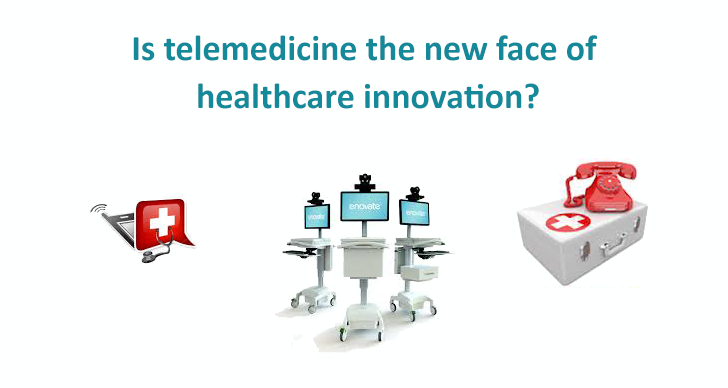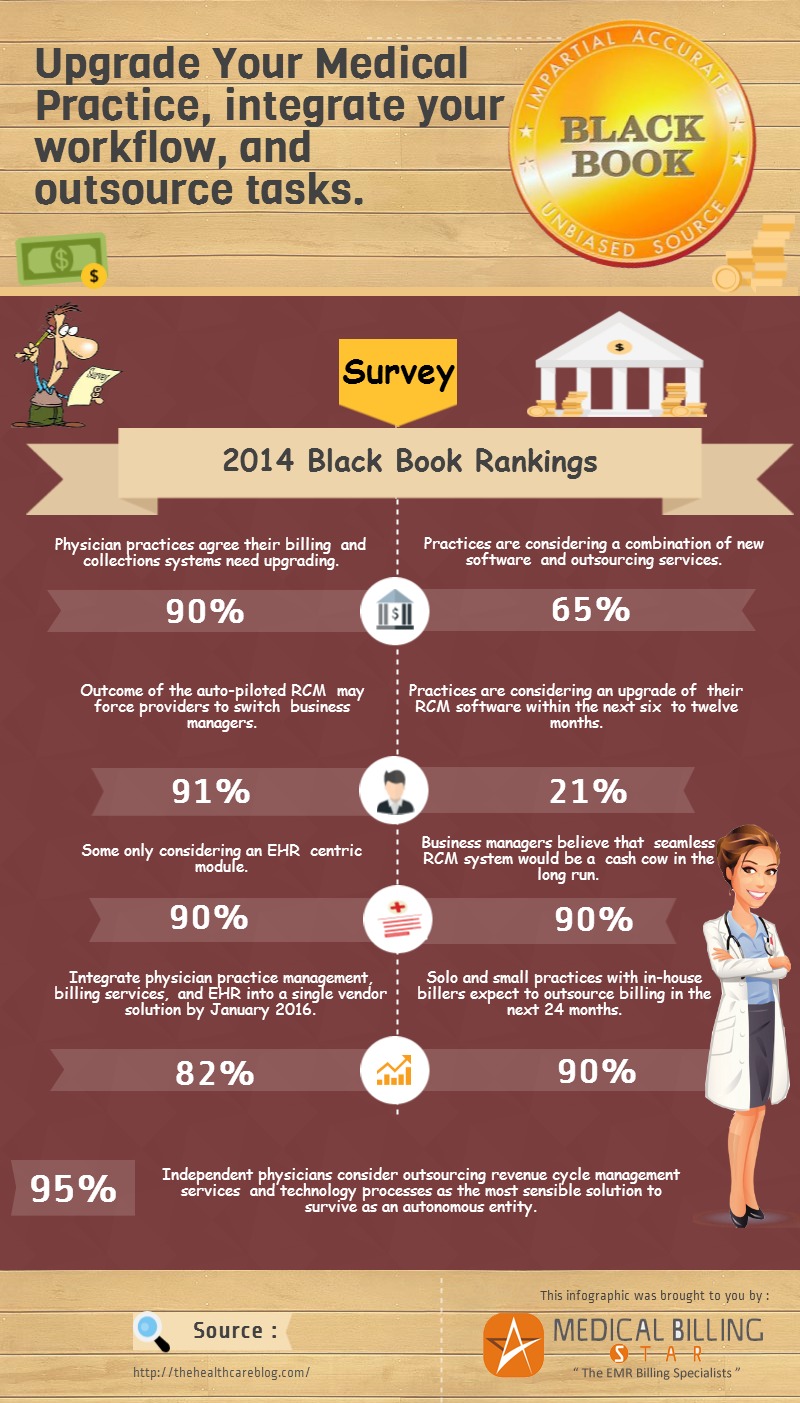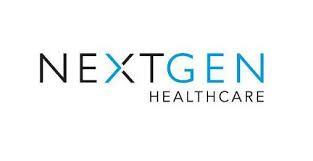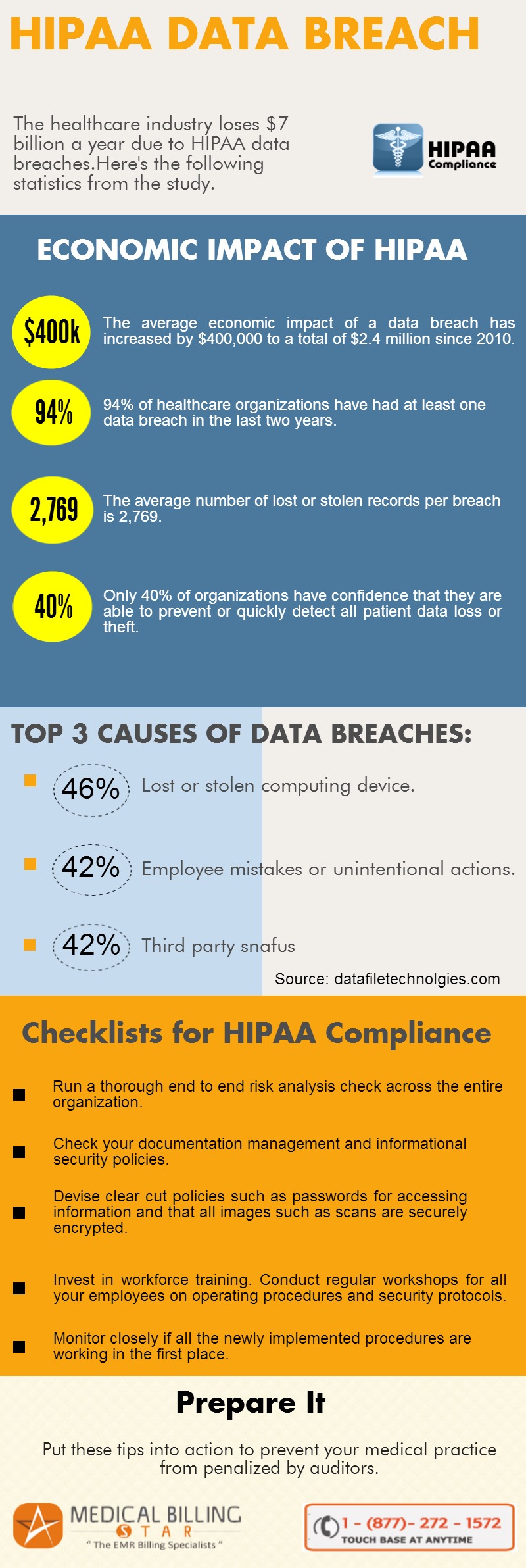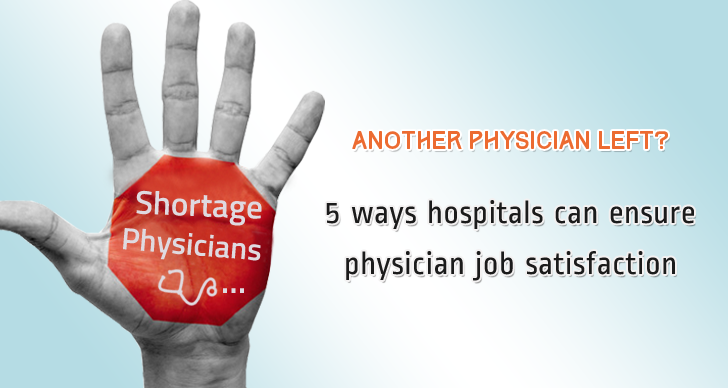Is telemedicine an answer to the healthcare financial future?
The transition of payment from a service based model to a value based mode can make telemedicine to become a fix for a healthcare’s financial issues. Telemedicine has the possibility for transforming outcomes for certain patients such as the ones with chronic illness.
Telemedicine can also help in Sepsis, the top issue of the healthcare services!
Sepsis the top issue for any healthcare services can cause about 6% worst outcomes in every hour of delay in treatment. Randy Moore president of Mercy Virtual says “Turnkey telesepsis can speed up the recognitions and treatment, enabling his hospital to decrease mortality by 50% and cut costs per case by over $8000. So if the outcomes are not worse for the patients, the money saved revamps the operating margin.
What if telemedicine matures? Where are the future aspects?
As telemedicine may go through the roof, it can become the top cost saving platform for all hospitals. Smaller healthcare systems that don’t have the capital to make telemedicine feasible may join hands with bigger healthcare entities. The quality of care will improve and the cost can be cut by sharing treatment of specialists. Providing healthcare services outside institution can lead to increased revenue, such as telestroke treatment for non hospital systems.
Telemedicine could get US. companies $6 billion of savings annually!
The study done by Tower Watson’s 2014 healthcare changes on U.S. employers with 1000 employees shows the below report:
- 37% of the employers who responded to the survey said they can offer telemedicine services by 2015.
- 34% of the respondents they consider to offer services by 2016/2017.
- 22% of the respondents currently offer telemedicine consultations.
The overall report suggests that the percentage of employers offering telemedicine services is expected to grow from 22% to 37% which represents a 68% increase. Thus in order to generate the big figure of $6 billion employers with their partners will have to replace the face-to-face doctor interaction by telemedicine services.
Three question which still haunts every individual in healthcare services:
- How to change the patient and physician mindset?
- Will a healthcare plan show its willingness to integrate and reimburse this service and if yes then what do you think?
- How many healthcare services you know or will adopt a virtual centre for telemedicine?
